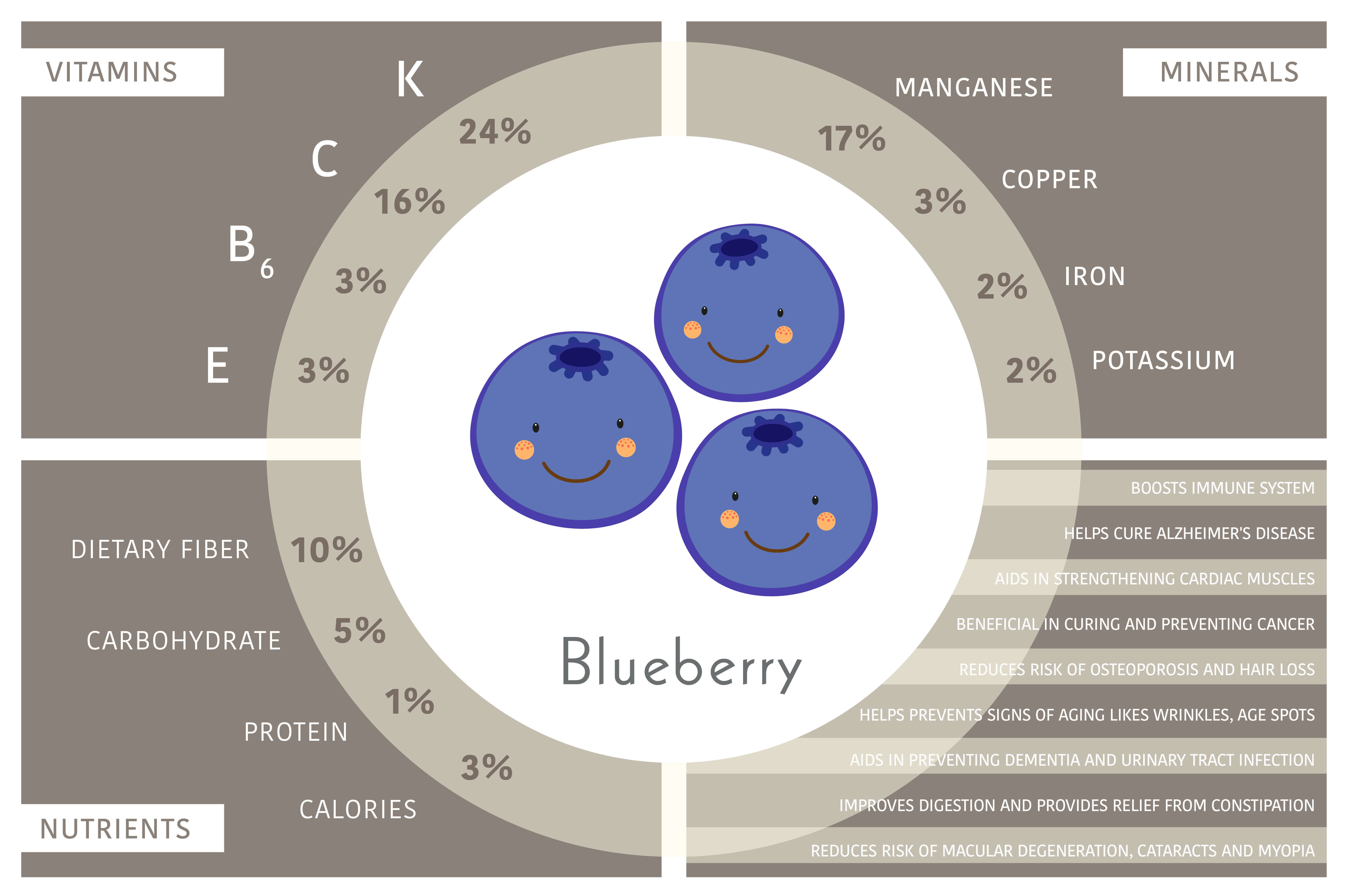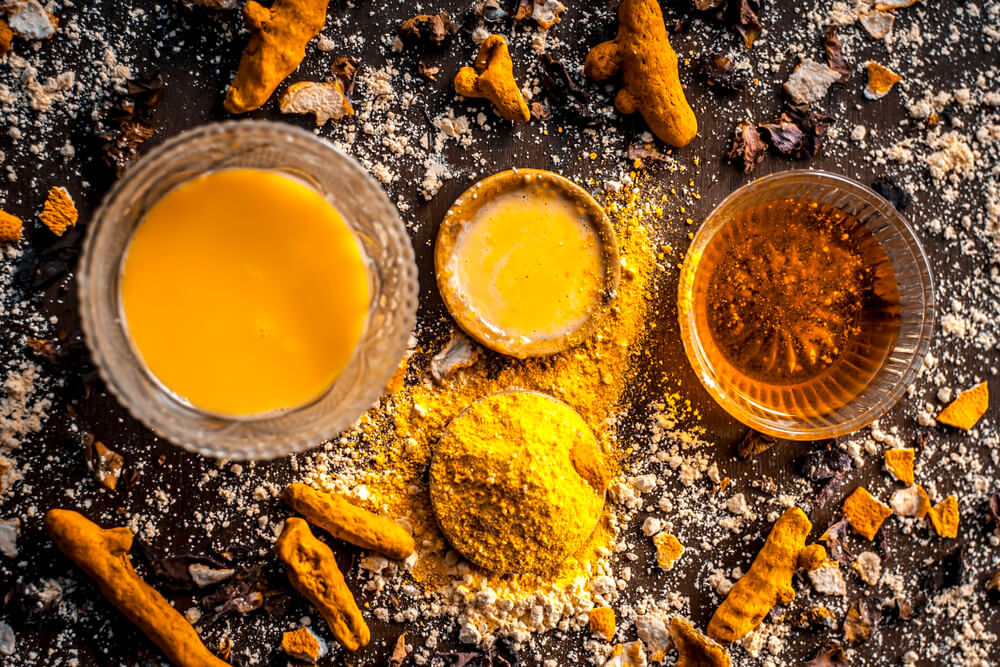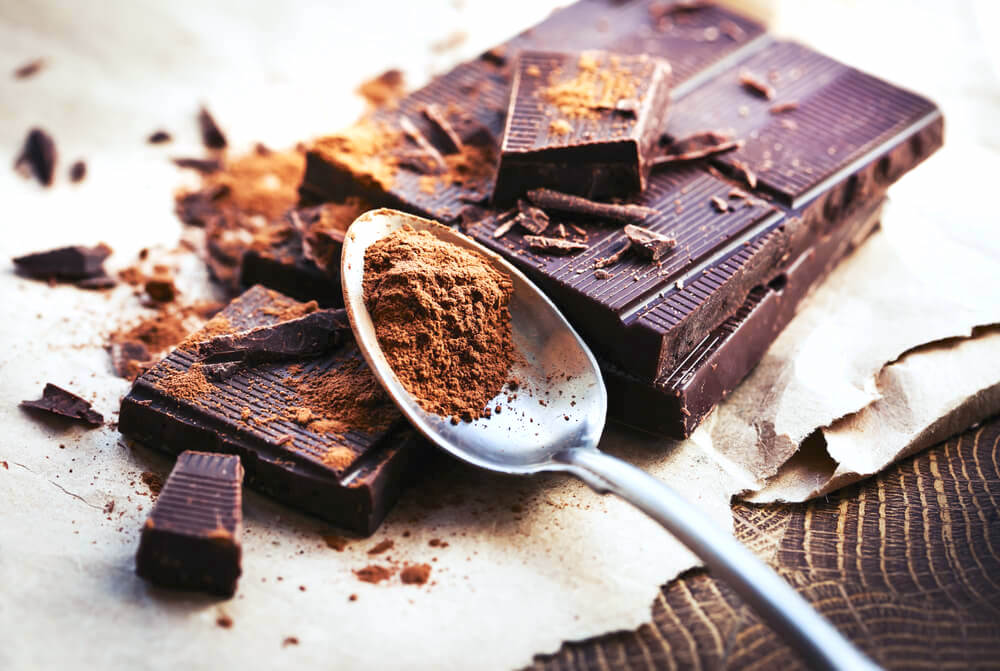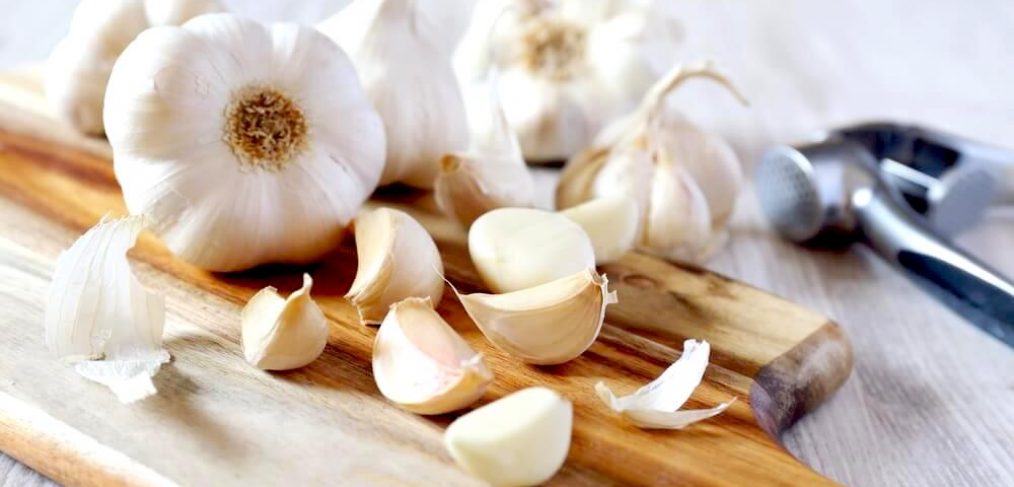You have probably heard the term “immune system” so many times throughout your life, but do you know what your immune system actually is?
Your immune system consists of a network made up of organs, tissues and cells, and these protect the body from foreign invaders and infectious compounds.
Do you suffer from recurrent infections, digestive problems, inflammation or an autoimmune disease?
If your answer is yes…
Then this means that your immune system is weak, and would really benefit from a boost.
Around 70% to 80% of your immune system is located in your gut, which is why the food you eat will have a direct impact on how your immune system functions. To really strengthen and support your immune system, here are eight foods that you should try to incorporate into your diet.
Garlic
Just about every type of cuisine in the world makes use of garlic, and it has long since been used as a method of fighting off infections.
How exactly is it able to do this?
Well, garlic contains a compound known as alliin. When a garlic clove is crushed, or even chewed, the alliin within it turns to allicin.
The allicin within garlic contains sulfur, and this is what gives garlic its distinctive smell. It is also the reason as to why garlic smells its strongest after it has been crushed, compared to when it is a whole clove.
However, allicin is quite an unstable compound, meaning that it doesn’t stick around for too long.
What happens to it?
It turns into other compounds that contain sulphur, and these are what give garlic its medicinal properties.
There is plenty of research out there that shows how garlic is not only able to prevent you from falling sick in the first place, but also affects how quickly you recover when you do fall sick.
Those who consume more garlic will not only have a lower risk of catching a cold or developing an infection, but they will also feel better so much faster.
Of course, in order for the allicin in the garlic to work properly, you need to make sure that you always crush garlic and leave it to stand for ten minutes before you use it. This will enable the allicin to convert into medicinal compounds.
Wondering how much garlic you need to eat in order to experience its immune benefits?
As much as possible! But at least one clove per meal would be ideal.
Blueberries
Blueberries may be small, but they are actually packed with a number of important nutrients, all of which really support the immune system.
There is one compound in particular that blueberries contain that set them apart from the other superfoods out there…
This compound is known as pterostilbene. When consumed, it boosts the way in which the CAMP gene functions. The CAMP gene, which stands for cathelicidin antimicrobial peptide, is responsible for creating specific proteins that protect the body from bacterial infections.
In addition to pterostilbene, blueberries also contain high levels of:
- Vitamin A
- Vitamin C
- Manganese
- Potassium
- Antioxidants

Can’t stand the taste of blueberries?
Other dark berries, such as red grapes, cranberries and mulberries, also contain pterostilbene, although in smaller quantities.
Cinnamon
Now that the festive season is approaching, cinnamon is a spice that you will likely encounter more frequently, and, in addition to adding a distinct flavor and scent to foods, this spice is also a powerful immune booster.
When consumed, cinnamon is able to increase the amount of T regulatory immune cells, also called Tregs, within the body.
What do Tregs do?
They basically control the way in which the immune system responds to foreign invaders, as well as those that are coming from the body itself. This not only helps to prevent autoimmune diseases, but also strengthens the immune system, enabling it to better protect itself against infections.
Of course, there is one downside to cinnamon…
The majority of popular recipes and dishes featuring this spice tend to be laden with calories and other unhealthy ingredients, all of which will only put a damper on your immune system.
Looking for a healthy way to cook with cinnamon?
Give some of these ideas a try:
- Cinnamon French toast
- Cinnamon chicken curry
- Honey-cinnamon roasted chickpeas
- Baked cinnamon apple chips
- Cinnamon muffins
- Cinnamon almond butter
You may need to get creative when it comes to using more of this spice, but the benefits that cinnamon brings really makes this worthwhile.
Turmeric
You have probably already heard of turmeric being called a superfood lately, with this ingredient becoming increasingly popular in recent years.
Why?
Because a number of studies have now been carried out that prove its many benefits, one of which is the way in which it boosts the immune system.
How does it do this?
It all comes down to a compound called curcumin, which is what gives turmeric its vibrant yellow color.
While curcumin is mostly known for its anti-inflammatory properties, research shows that curcumin is also able to enhance antibody responses within the body, strengthening the immune system.
However, there is one thing to keep in mind when it comes to consuming turmeric…
Turmeric in its raw form is not easily absorbed by the body. In order to maximize its impact, turmeric should be gently cooked, and mixed with an oil, as well as black pepper.
Why?
The oil helps to carry the curcumin while the black pepper significantly increases its bioavailability.
Turmeric golden paste is a great way to consume the herb, as the recipe takes into account all of the above, and can be cooked up in less than ten minutes. This can then be taken on its own a few times a day, or mixed into your meals.

Wondering if you can just take a curcumin supplement instead?
Yes, but you likely won’t experience the same impacts when it comes to the benefits of this. Eating whole foods always tends to be more beneficial for the body, as not only will you be consuming the curcumin, but also the many other medicinal properties that the turmeric contains.
Kefir
Just like some of the other immune-boosting foods on this list, kefir has become quite popular lately.
What is it?
It’s a fermented drink made from milk, almost like a thinner and lighter version of yogurt. However, while yogurt contains just a couple of strains of beneficial bacteria, kefir can contain ten times this amount.
Kefir brings with it a number of different health benefits, and, when it comes to the immune system, these include:
- Reduces inflammation
- Fights bacteria
- Increases antioxidant activity within the body
So, where can you get kefir from?
One option is to purchase it, and you will usually find it at health food stores, with more grocery stores now stocking it too.
However, there is a downside to this…
In order to be sold commercially, kefir needs to be processed. Even if this is minimal, the heat used ends up destroying a significant amount of the beneficial bacteria within the drink.
For the very best results, you would be best off making kefir at home. There are several how-to guides out there that will walk you through this easy process.
Green Tea
Just about every type of tea is extremely beneficial for the body, but green tea is especially powerful when it comes to strengthening the immune system.
Why?
Because it contains high levels of epigallocatechin gallate, also known as EGCG. This is an extremely powerful antioxidant that has been proven to significantly enhance immune function.
Wondering why black tea doesn’t contain this antioxidant, since both teas come from the same plant?
Well, tea leaves for black tea are fermented, whereas tea leaves for green tea are steamed. The fermentation process for black tea destroys a large amount of the EGCG within the leaves, whereas the steaming process preserves this antioxidant.
Not only that, but green tea also contains L-theanine. This is an amino acid that boosts the way in which your body’s T-cells are able to fight germs.
Don’t like the taste of green tea?
Many people find green tea to be too bitter.
Here are a few tips to counter that:
- Use hot, rather than boiling, water, since boiling water brings out the bitter flavors of the tea
- Add in a small amount of honey to sweeten the tea
- Add in a few drops of fresh lemon juice to enhance the perfume and reduce the bitterness of the tea
- Mix a couple of sprigs of mint in with your leaves before topping with water, which is a common practice in Morocco
- Drink it iced, rather than hot, as this reduces its bitterness
- Purchase a high quality green tea
Dark Chocolate
Love chocolate?
Then you will be happy to know that dark chocolate is fantastic for strengthening the immune system.
Of course, this means that the chocolate needs to contain at least 70% cacao, as this ensures that there are high levels of flavonoids within the chocolate.

What are flavonoids?
They’re antioxidants that do a number of different things within the body, including increasing the amount of antibodies that the body produces. This then gives the immune system a huge boost.
Thinking you can eat copious amounts of dark chocolate now that it’s been proven that this is a beneficial food?
Unfortunately not. You still need to moderate how much dark chocolate you eat, since this food is still high in saturated fat and calories.
If you know that you shouldn’t be consuming any extra calories on any given day, you could always give some dark chocolate a sniff instead, so long as you can resist the temptation to eat it!
This may seem cruel, but it’s actually beneficial.
Wondering how?
Research shows that even the smell of dark chocolate can trigger the body to produce double the amount of antibodies in just 20 minutes. In the study carried out, this boost in immunity lasted for over three hours, although it did decrease as time went on.
Citrus Fruits
Whenever you’ve had a cold, people have likely advised you to eat oranges, or drink warm lemon water.
Ever wondered why?
It’s all down to the vitamin C content in citrus fruits, which amp up the body’s production of white blood cells.
What do white blood cells do?
They are cells within the immune system that protect the body from foreign invaders and infectious diseases. These cells flow through the blood all over your body, fighting against bacteria, viruses and other unwanted compounds.
Vitamin C is extremely important when it comes to creating these.
Since the body doesn’t produce vitamin C itself, it can be easy to become deficient in the vitamin, meaning that your white blood cell count declines. This weakens your immune system, meaning that you will fall sick faster, and take longer to recover.
So, in addition to oranges and lemons, what other citrus fruits are there?
Here are some of the most popular:
- Lime
- Grapefruit
- Mandarins
- Pomelo
- Yuzu
Need another reason to eat more citrus fruits?
Well, in addition to boosting the immune system, citrus fruits also:
- Improve heart health
- Protect against, and fight against, cancer
- Protect the brain
- Reduce the risk of kidney stones
Wondering if you can just drink the juice instead of eating the whole fruits?
While citrus fruit juices do contain plenty of nutrients, they are also extremely high in sugar. This can end up causing more harm than good when it comes to your overall health.
When it comes to keeping your body healthy, your focus should always be on your immune system. In order to keep it strong and working optimally, your diet is so important, so make sure that you are incorporating immune-boosting foods into each meal.




